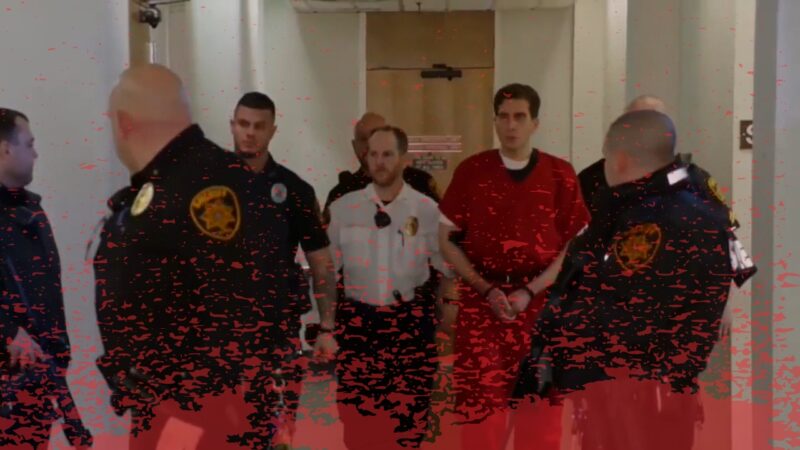BOISE, Idaho (AP) — A judge has decided to relocate the trial of a man implicated in the brutal murders of four University of Idaho students from their small college town, prompted by concerns over juror impartiality and the logistical challenges of the local courthouse.
Idaho Second District Judge John C. Judge, in a Friday order, cited the extensive media attention, the spread of misinformation on social media, and public officials’ comments presuming the guilt of the accused, Bryan Kohberger, as undermining the fairness of a trial in Moscow, Idaho. This town, home to the university, has a population of about 26,000.
The judge has not indicated the new location for the trial. This decision will be made by the Idaho Supreme Court, which may also appoint a new judge.
Scheduled for June 2025, the trial is expected to last three months. Kohberger faces charges of murdering Ethan Chapin, Xana Kernodle, Madison Mogen, and Kaylee Goncalves. The prosecution plans to seek the death penalty upon conviction.
“The impact of media has been overwhelmingly extensive, both within Idaho and nationally,” Judge noted. “While some reports have been factual, others have sensationalized the events, potentially prejudicing Kohberger.”

Additionally, the Judge pointed out the Latah County courthouse’s inadequacies in handling such a high-profile case due to its small size and insufficient staff to manage a large jury pool, which would likely number around 6,000 potential jurors.
The courthouse also lacks adequate security measures for a trial of this magnitude, especially considering the safe ingress and egress for sensitive witnesses, he explained.
Kohberger’s defense had argued for moving the trial, pointing out the strong community ties and continuous media scrutiny that could bias jurors in Moscow.
Prosecutors countered that a larger jury pool and thorough vetting could mitigate these issues, though they acknowledged the logistical challenges of relocating participants to a different city.
In making his decision, the Judge had to balance the local community’s interest in seeing justice served locally against the constitutional mandate for a fair trial.
“Ensuring a fair trial with an impartial jury is paramount,” remarked Mary D. Fan, a criminal law professor at the University of Washington.
Fan also noted that relocating the trial could inconvenience witnesses and the victims’ families, who might wish to attend daily proceedings. Despite the rarity of moving trials, it is sometimes necessary to protect the rights of the accused in high-profile cases.
Such cases have included the trials of the Los Angeles police officers involved in the Rodney King beating and Timothy McVeigh for the Oklahoma City bombing, among others. In contrast, the trial of Derek Chauvin for the murder of George Floyd was not relocated despite widespread pretrial publicity.
Under Idaho law, a judge who orders a trial moved can request to remain on the case, although the Judge did not do so, paving the way for potential reassignment.
It remains unclear when the Supreme Court will decide on the new venue or judge, or whether this will delay the trial.
A judge agrees to move the trial of a man charged with killing 4 University of Idaho students https://t.co/xo7WTSaOc8
— KSAT 12 (@ksatnews) September 9, 2024
“A change of venue typically involves a new judge due to practical reasons, affecting not just one case but potentially many,” explained Fan.
Neither the prosecution nor the defense immediately responded to requests for comment, limited by a strict gag order from the Judge.
Kohberger, a former criminal justice student at Washington State University, is accused of murdering the students in an early morning attack on Nov. 13, 2022. Evidence suggesting his presence in the vicinity on multiple occasions, his travel patterns that night, and DNA found at the scene have been cited by the authorities.
His legal team claims he was merely taking a drive that night, a common activity for him to enjoy outdoor activities and astronomy.
He was arrested six weeks after the incident at his parents’ home in Pennsylvania, where he was on winter break.

